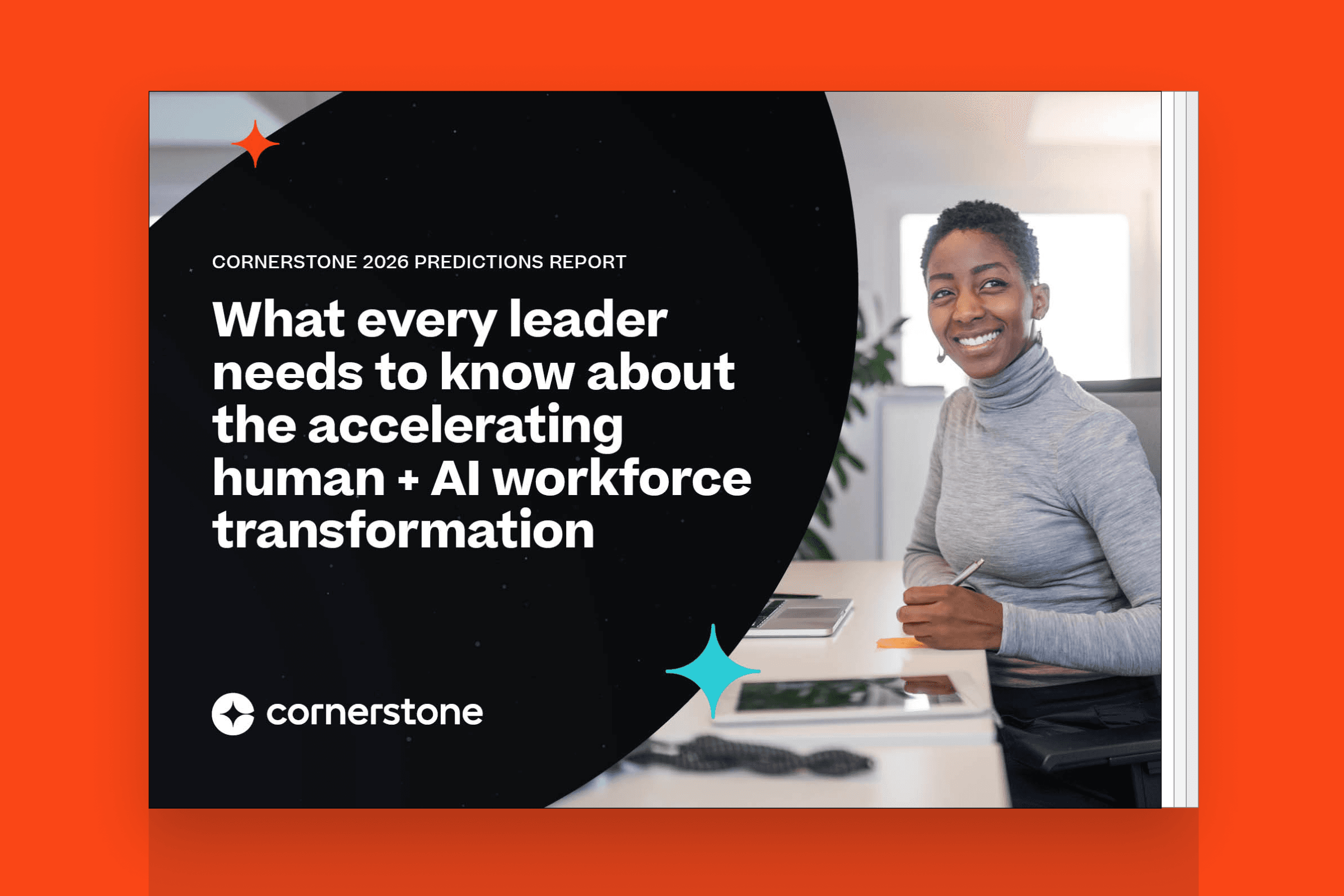Attention, HR leaders: Going mobile no longer puts your company ahead of the curve. With nearly two-thirds of Americans owning smartphones and almost 20 percent relying on them as their primary source of online access, it's time for your "mobile-friendly" mindset to become "mobile-first."
For many HR departments, the mobile shift can be overwhelming, especially when it comes to training and development. Most organizations are still experimenting with e-learning, and unsure of how or when to adapt their current programs to "m-learning." But according to Jessica Audronis, manager of enablement operations at global software company BMC, the secret is just to start.
"You could spend your whole life debating what makes 'good' mobile learning, but nothing beats actually having mobile learning," says Audronis, who recently launched a 20-course mobile learning program for BMC. She's since seen up to a 10 percent increase in course completions by mobile users, and has become a mobile advocate within the corporate learning community.
Despite her zeal for the subject, Audronis isn't one for sugarcoating the challenges of launching a program. "There were many times when we ran into technical issues or roadblocks that made us feel like throwing our hands up and saying, ''We're not ready,'" she says. "But we decided we were going to get this done no matter what."
We sat down with Audronis to find out what it takes to go mobile and why all the hard work was worth it in the end. Here are her three tips for getting a mobile learning program off the ground:
1. Identify Your Mobile Heroes
The first steps to launching a mobile learning program are finding the right people and the right product, says Audronis. Start by identifying internal advocates who are interested in emerging technology and willing to learn something completely new, as enthusiasm and tenacity are key for the mobile learning process.
After building a core team, Audronis recommends doing in-depth research on products. "We rolled up our sleeves," she says. "We researched the top m-learning authoring tools on the market, tested free-trials and assessed our budget."
In the end, Audronis' team chose to upgrade BMC's current e-learning solution, which offered mobile capabilities, due to its affordable price tag and the team's existing familiarity with the tool. Cost and ease of use should be the key factors in your product decision, says Audronis.
2. Set Achievable Goals
After attending webinars, seminars and trainings, as well as reading up mobile learning, launching an effective program can seem like an insurmountable challenge. The key to success is staying focused, and taking the journey one step at a time.
"Don't try to boil the ocean," says Audronis. "You don't have to create the best possible m-learning in the world. It's immensely powerful to just produce your very first m-learning course and have it work."
Audronis and her team decided to start their mobile learning journey with a single goal: Build one mobile learning course for the Sales team. They also decided to develop courses solely for tablets after discovering the tablet user experience was better, which helped focus their workload. "After completing one course, the rest of the world opens up to you," says Audronis.
3. Always Be Iterating
Mobile learning is all about testing, testing, testing. While your core team should be continually testing the product, it's also helpful to identify different pilot groups to try out your mobile courses.
Audronis' team relied on two main employee groups for feedback throughout the production process: one highly-technical pilot group and one less technical group. The feedback was so helpful that they continue to go back to these original groups today to test product updates and new courses. In addition, Audronis says her team is constantly looking for ways to improve the program by collecting employee feedback and passing it along to their product vendor.
"Set the right expectations with your end users," she says, "If people know you value their feedback and you're working with the vendor to make improvements, they're very understanding."
After all, what's the point of mobile learning if the users don't love it? While course completion data does point to success, Audronis says the best part of launching a mobile learning program is the response from the BMC community: "Of course, numbers are so powerful, but when you get positive comments from the field, you know you're making a difference."
More questions on m-learning? Follow Jessica on Twitter @jessicalearning.
Photo: Creative Commons


